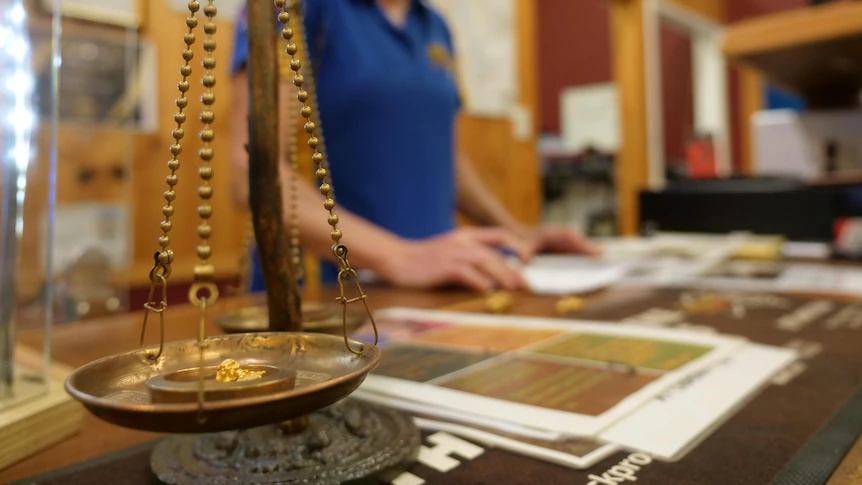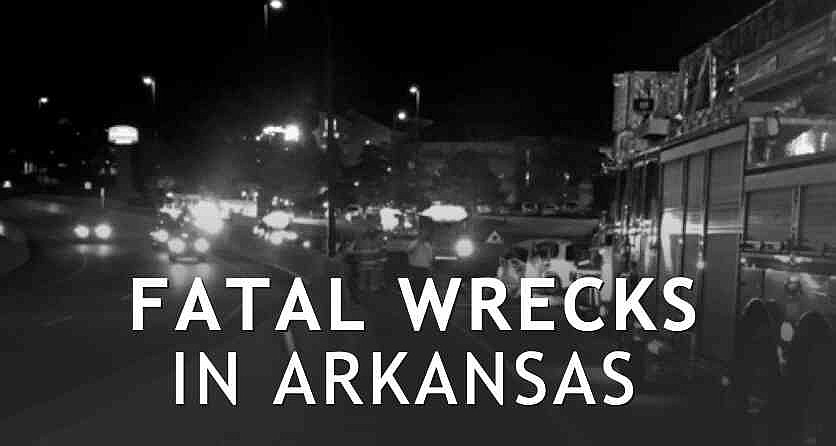Copyright abc

The hunt for hidden treasure lured Clinton and Susan Lonergan to the Central Queensland town of Clermont four years ago. The couple had been hitching their caravan to prospect for gold for more than a decade when an injury forced Mr Lonergan into early retirement. They then decided to move 100 kilometres from Emerald to fossick full-time. Mr Lonergan prospects for gold every day. "It means everything to me at the moment," he said. "It's great to meet people, I love the look of gold … there's fresh air." But the Lonergans' fossicking days may be numbered. They and other prospectors are finding it harder to get permission to access designated fossicking locations known as general prospecting areas (GPAs). They were recently denied access to a section of the nearby Blair Athol State Forest, where there are three GPAs under pending mining lease applications. "It's upsetting for us," Mrs Lonergan said. Law changes Fossicking and prospecting in state forests in Queensland can only be conducted in GPAs, which are granted by bodies with special interests in the public land. In June, the Mineral and Energy Resources and Other Legislation Amendment (MEROLA) Act came into effect, which added pending mining lease applicants to the list of bodies with authority over GPAs. A Department of Mines spokesperson said a mining lease application did not invalidate a GPA, however, fossickers were required to obtain permission from the mining lease application holder. "The department works hard to balance the rights and interests of fossickers with other land uses and users across the state," they said. "Mining lease applicants invest heavily to identify and develop resources that deliver royalties to the state. "Requiring fossickers to seek their permission balances recreational fossicking with the rights of commercial miners." Tourism concerns Clermont was built on the back of gold in the 1860s, and gold prospectors are the "cornerstone" of Clermont's visitor economy. "Gold mining is a key part of Clermont's heritage and identity, so it really connects people with the town's history," Isaac Regional Council Deputy Mayor Jane Pickels said. "Our tourism industry thrives on the thousands of visitors who travel here to experience the historic goldfields." Cr Pickels said the council intended to work with the state government to understand the full impact of the legislation and how it could be amended. "We do have some real concerns about those changes," she said. "The act was intended to clarify permissions, but it really has some unintended consequences for regions like ours. "Sometimes, those applications go on for a number of years, so this is a long-term issue." Extra approvals causing 'confusion and concern' Frieda Berry-Porter has been a central contact point for prospectors for almost a decade through her business, The Outback Prospector. "This extra layer of permission that's required is causing a lot of confusion and concern and basically putting people off from coming to Clermont," she said. Ms Berry-Porter has long campaigned for more access to land for fossickers and would like to see Queensland's rules "simplified" to a system she said was already working in other states. She said the new law threatened the local economy. "We don't know what the extent of the impact will be, because the price of gold is getting quite high, some record prices, which increases the interest of people to go and peg mining leases," she said. "We'll definitely be considering the viability of our business here. But it's more than just the economic loss, it's the community that they bring to town. "They're like family, some of these customers. We've shared in their successes and their joys." The Lonergans feel the same way, but if they can not pursue their passion, they might also move on. "We love Clermont, we've met heaps and heaps of good people here," Mr Lonergan said. "It'd be very hard, we'd have to think very seriously about what we would do."



